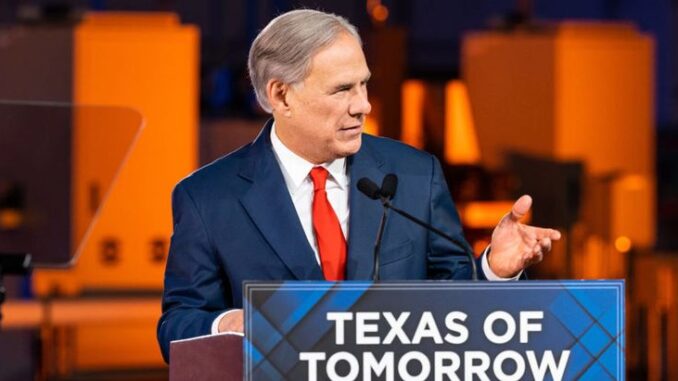
In California, where “electrification of everything” has become a bit of a societal mania, public utility companies like PG&E have largely been denied the ability to build new dispatchable generation capacity powered by natural gas, coal, or nuclear. This reality has led to the hatching of all manner of novel schemes as companies, activists, and policymakers alike scramble to prevent the system from tumbling down.
ABC7 News out of San Francisco reported on the latest novel scheme, this one from PG&E CEO Patricia Poppe, to tap into the batteries in privately-owned electric vehicles to help stabilize the power grid during times of high demand, an idea Poppe herself somewhat modestly calls “unconventional.” But there’s just one problem: The technology needed to make this scheme a reality doesn’t currently exist.
“Right now today, there is no technology and no automotive manufacturer whose cars can actually send power beyond the home and up into the grid,” said Mark Toney, of Turn (The Utility Reform Network). Oh.
Not only that, but think of some of the unintended consequences such a policy would certainly produce, including:
– discouraging future sales of EVs;
– the loss of mobility during times when citizens most need it;
– further disincentivizing the building of new, reliable dispatchable capacity; and
– mandating untold billions in spending on new technologies that don’t currently exist that would have to be installed in millions of Californians’ homes.
All to help facilitate this “electrification of everything” mania. It is, in other words, a perfectly California-style energy “solution.”
Meanwhile, in Texas, which has had its own run-ins with grid instability in recent years, Governor Greg Abbott this week moved in a decidedly conventional direction, eschewing any such odd schemes. In an August 16 letter addressed to Kathleen Jackson, Interim Chair of the Texas Public Utility Commission (PUCT), the governor says, “To maximize power grid reliability, the [PUCT] should consider all forms of dispatchable power, including nuclear energy. In particular, the PUCT should evaluate advanced nuclear reactors to determine if they can provide safe, reliable, and affordable power to our grid.”
In the letter, Abbott instructs Jackson to form a working group to evaluate and create a plan for the use of such advanced reactors for the provision of electric power in Texas. The working group would be made up of stakeholders from state and federal government, academia, industry, and current and future market participants, with the goal of producing a final report and recommendations to his office no later than December 1, 2024.
The formation of this working group comes after a legislative session that enacted incentives to encourage the building of a targeted 10,000 MW of new dispatchable natural gas generation capacity, following a decade during which very little dispatchable capacity was built and a great deal of coal-fired generating capacity was shut down. Texas has also become a laboratory for the development of new geothermal technologies that hold a promise of ultimately creating a high volume of new generation, both as part of the state grid and in geographically specific microgrids.
Texas, of course, is rich in oil, natural gas, and uranium resources, along with underground formations capable of creating the heat needed to facilitate new geothermal technologies and processes. So, what we see happening there is a state taking advantage of its own natural resources to promote a better degree of reliability and stability in its power grid, a classically Texas solution.
Although California is also home to bountiful mineral resources, its policymakers long ago chose to take a different approach, abandoning its nuclear sector and severely hampering the ability to build any new thermal capacity. This forces companies like PG&E to pursue “unconventional” schemes like the one posed by Ms. Poppe this week.
These contrasting approaches to energy in this century have corresponded to two decades during which Texas has seen an enormous influx of new residents who have fled California to take up residence there. Perhaps there’s a cause-and-effect relationship somewhere in there.
David Blackmon is an energy writer and consultant based in Texas. He spent 40 years in the oil and gas business, where he specialized in public policy and communications.



